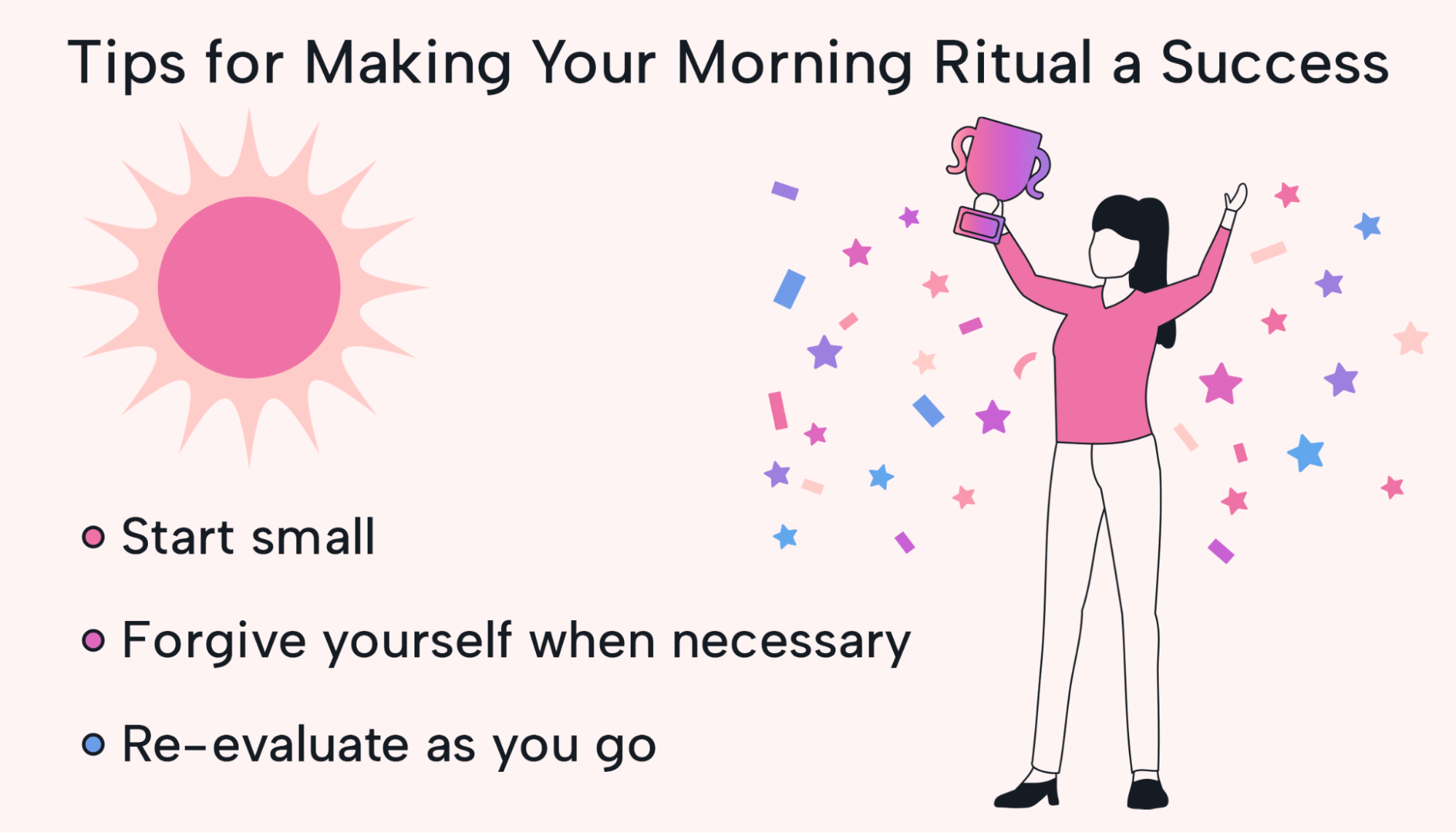7 Powerful Benefits of Daily Meditation
Meditation has become a potent technique for attaining mental clarity, emotional balance, and general well-being in today’s fast-paced world, when stress and distractions rule our everyday lives. Meditation was always thought to be a spiritual practice exclusive to monks and yogis, but it is now widely accepted by millions of individuals worldwide as a scientifically supported way to improve productivity and health.
But why is meditation such a life-changing practice? This post will discuss seven strong advantages of regular meditation that may greatly enhance your emotional, mental, and even physical well-being. These ideas will inspire you to make meditation a regular habit, regardless of your level of experience or desire to improve your practice.

1. Decreases Anxiety and Stress
Deeply lowering tension and anxiety is one of the most well-established advantages of regular meditation. Chronic stress has become a widespread problem in a society where we are continuously inundated with information and responsibilities. Through meditation, you may take a step back, examine your ideas objectively, and develop a focused, peaceful mind.
Research has indicated that practicing mindfulness meditation lowers cortisol levels, which are the body’s main stress hormone. This eventually results in less generalized anxiety and an increased ability to handle life’s obstacles.
2. Promotes Emotional Wellness and Health
By enhancing emotional control, regular meditation practice promotes a good attitude on life. It supports emotional resilience, self-awareness, and the recognition of harmful thinking patterns.
Some forms of meditation, including Loving-Kindness Meditation (Metta), are made especially to foster empathy, compassion, and self-love. A more balanced and upbeat outlook on life is the outcome of this emotional rewiring, which enhances connections with others and with oneself.
3. Enhances Concentration and Focus
Being able to focus has become a superpower in an era of limitless digital distractions. Regular meditation improves prolonged focus, cognitive clarity, and attention span.
You are encouraged by mindfulness meditation to return your attention to the here and now whenever it strays. This “mental muscle” gets stronger with time, which enhances your focus on daily duties like job, school, and creative endeavors as well as during meditation.
According to a Harvard research, the brain’s capacity for concentration and memory may be considerably enhanced by just eight weeks of meditation practice.
4. Encourages Better Sleep
Meditation can be a safe and efficient treatment for insomnia and restless sleep. Breathing techniques, body scans, and guided meditations all aid in body and mental relaxation, which facilitates falling and staying asleep.
The “default mode network” of the brain, which is in charge of mind-wandering and self-referential thoughts and is frequently the cause of insomnia, is less active during meditation. You may teach your body to identify signals for rest and relaxation by establishing a nightly meditation practice.
5. Increases Mindfulness and Self-Awareness
Regular meditation improves self-awareness, which makes it easier to comprehend your feelings, ideas, and patterns of behavior. You may overcome instinctive responses and make deliberate, conscious decisions in life because to this increased awareness.
You may stay grounded in the here and now by engaging in mindfulness exercises like paying attention to your breath or your body’s sensations. This gradually lessens ruminating, increases thankfulness, and cultivates a closer bond with your inner self.
6. Promotes Physical Well-Being and Reduces Hypertension
Meditation has significant positive impacts on physical health in addition to mental well-being. Frequent practice is linked to enhanced heart rate variability, lowered blood pressure, and a more robust immune system.
By improving circulation and lowering stress-induced inflammation, the relaxation response that meditation induces helps lessen cardiac strain. Programs for mindfulness-based stress reduction (MBSR) have been found in studies to significantly enhance cardiovascular health.
7. Promotes Spiritual and Personal Development
Beyond its positive effects on the mind and body, meditation may lead to spiritual enlightenment and deeper personal development. It enables people to investigate important issues of life, meaning, and connection.
Many people find that meditation turns into a path of self-discovery that yields realizations that go beyond the ego’s limitations. Meditation is a way to achieve inner peace, serenity, and a greater appreciation of life, regardless of your affiliation with any particular spiritual tradition.
Establish Meditation as a Daily Routine
Daily meditation has too many advantages to be disregarded. Meditation is a comprehensive practice that supports all facets of your being, from emotional resilience and physical health to stress reduction and focus improvement.
Results might be observed as early as 10 minutes each day. Meditation will become a natural part of your life as you develop consistency, changing not just how you feel but also how you see the world.
Meditation is a strong, approachable tool that may help you on your path, regardless of your objectives—better mental health, emotional equilibrium, or personal development.




